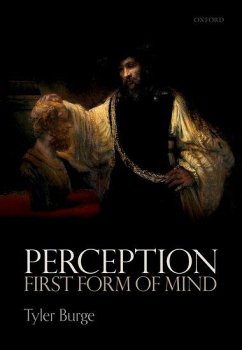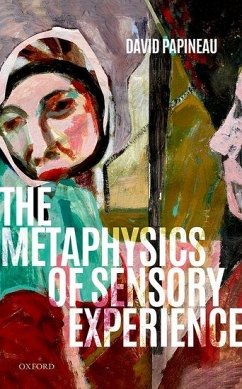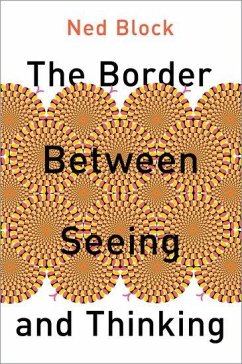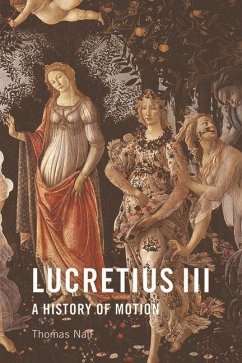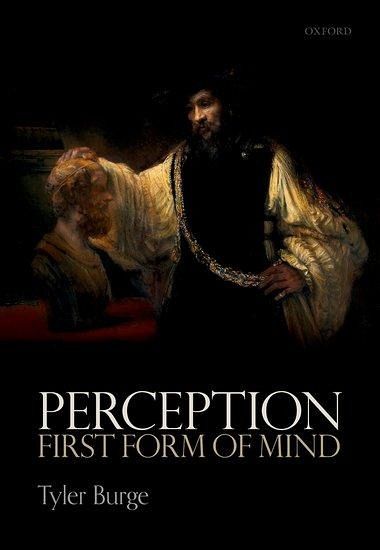
Perception: First Form of Mind

PAYBACK Punkte
24 °P sammeln!
Tyler Burge offers an agenda-setting, scientifically rigorous account of the most primitive form of representational mind: perception. He explains how perception works and how it relates to other mental capacities--conation, attention, memory, anticipation, affect, learning, imagining--and clarifies the distinction between perceiving and thinking.



